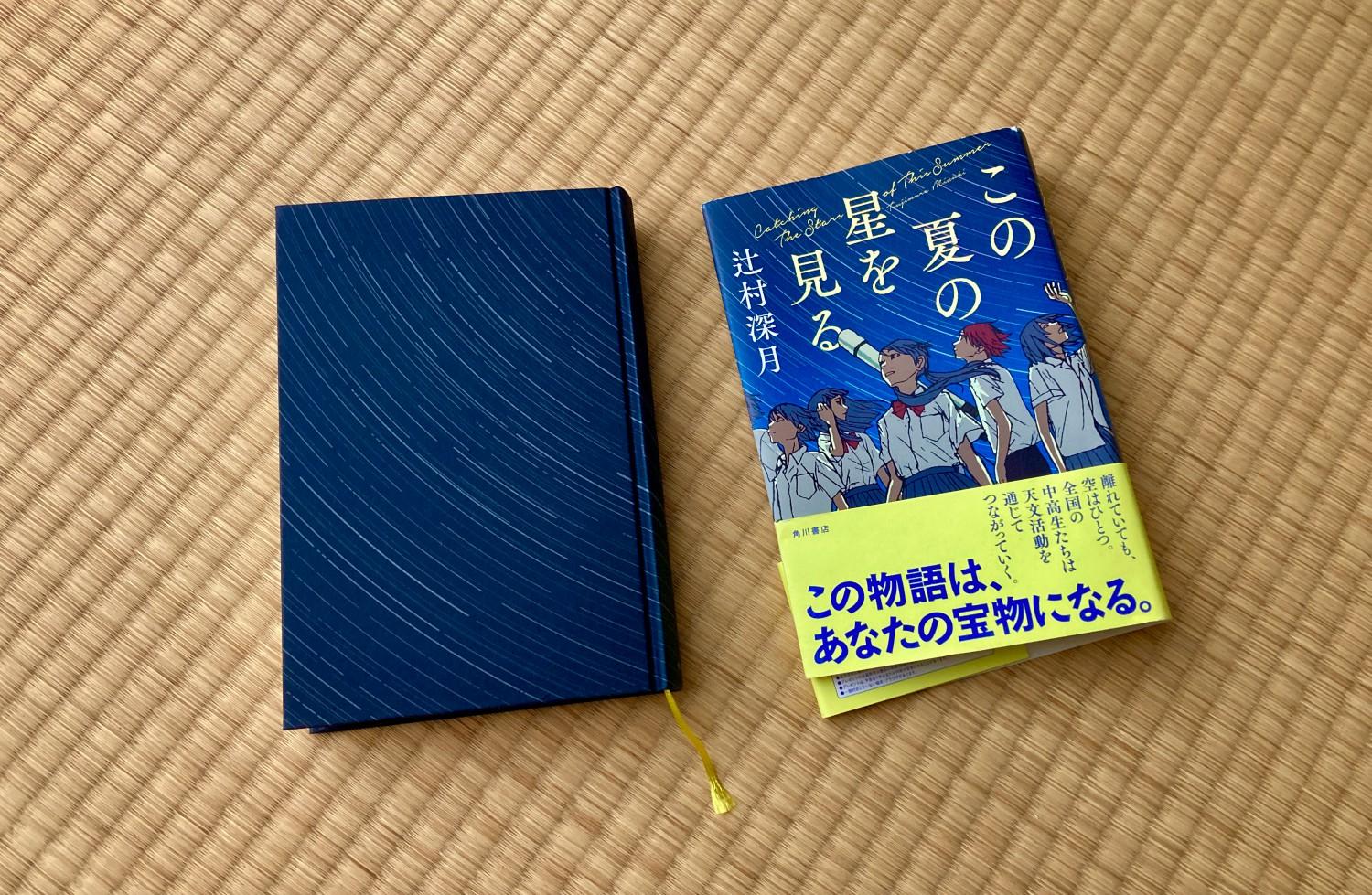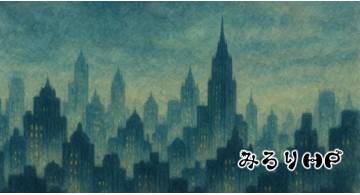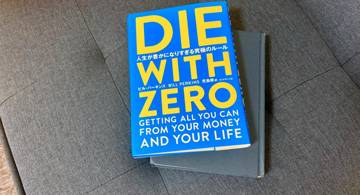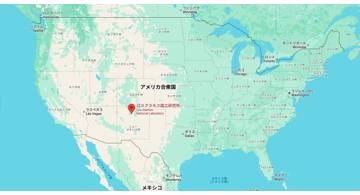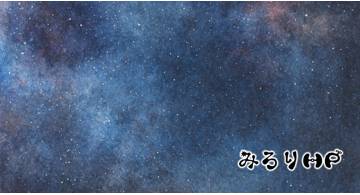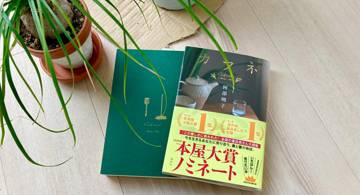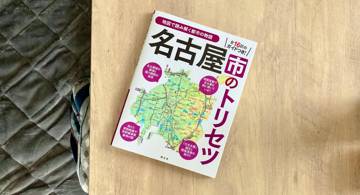Overview
A friend recommended this to me, so I read it. Here’s my summary and thoughts.
Summary
A story about middle and high school students who suffer not from illness itself, but from other challenges during the COVID‑19 pandemic.
-
Andō Mahiro (“Mahiro‑kun”) is a first‑year student at Hibari‑mori Middle School in Shibuya and a member of the science club. He actually ended up in a middle school with no other boys in his grade—honestly, it’s the worst. There’s no soccer club, so he can’t play the sport he’s always loved… He thinks, “I wish the pandemic would go on forever.” Then, the soccer senpai he admired becomes fascinated with physics, saying “It’s fun how in physics the answers come from what you observe.” Mahiro thinks “So cool!” and joins the science club. There, he glimpses the “Star Catch Contest,” held annually at a high school in Ibaraki Prefecture. It’s a contest where you build a telescope from materials you can buy at a home center, and compete on how fast you can observe a designated star using a homemade telescope. Intrigued, he contacts the astronomy club at Sunahara Third High School in Ibaraki Prefecture. The online version of the Star Catch Contest is a big success, and Mahiro comes to enjoy a fulfilling school life at Hibari‑mori Middle School.
-
Watanabe Kunihiro, the club advisor, has many “star friends”—acquaintances all over Japan, including even JAXA astronauts. He suggests that since they’re holding the online contest, “why not invite another club?”, which leads to the participation of a friendly group at the Goto Astronomical Observatory in Nagasaki’s Goto Islands.
-
Saitsu Yūsaku, the director of the Goto Astronomical Observatory, finds the online Star Catch Contest fun and invites some of his close high school students to join.
Thus, online activities take place among Ibaraki, Shibuya, and the Goto Islands, leading to new collaborations like the “Let’s observe the ISS club,” “Let’s watch the Goto Islands’ brass band concert,” and “Presentation of the Nasmith‑type telescope made by Sunahara Third High School in Ibaraki.” While adults call this period “a time to wait and see,” the students gain a sense of accomplishment in thinking, “Even in this year, we were able to create something we can be proud of.”
-
Iizuka Riku (“Riku‑kun”), a second‑year student at Sunahara Third High, astronomy club member. Because his older sister uses a wheelchair, he proposes building a Nasmith‑type telescope (designed to make easy celestial observation for wheelchair users) as a club project. Despite his parents divorcing due to COVID, he manages to complete the project before he transfers schools. Though he seems easygoing, he’s dependable and cares well for underclassmen. Someone who’s experienced hardship and remains positive is strong.
-
Tanimoto Asa (surname written with the variant “溪” of “渓”), also in the astronomy club. Her rare surname is notable: an alternate form of “渓.” She is Tanimoto‑san.
Thoughts
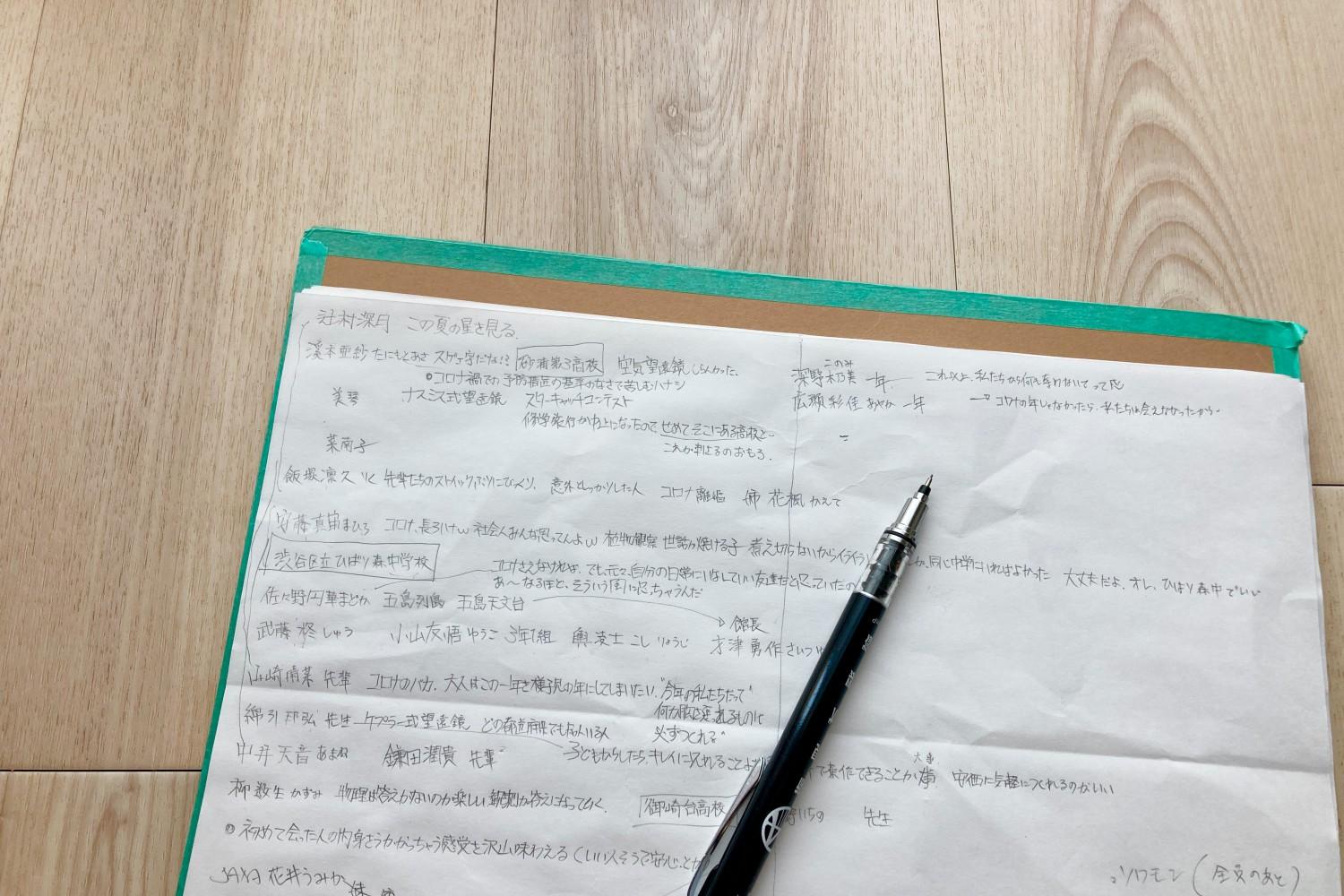
- It really felt like a “telework era” story.
- During this time, most in‑person activities moved online, letting people adapt to online communication and make friends regardless of where they live. Just as Tanimoto‑san said, “If it weren’t for the COVID year, we wouldn’t have met (online),” and that positive outlook is something we should embrace in everyday life.
- For us, the net‑game natives, it might feel a bit late to realize, but it’s still powerful.
- I’ve read works by Tsujimura Mizuki before—Kagami no Kōjō (The Mirror Castle) was truly wonderful… (See: (2024‑05‑18) Tsujimura Mizuki – Kagami no Kōjō)
“It was really tough to write a summary. Stories with no clear events are hard to summarize. They just spent time together, slowly built relationships, and eventually found emotional support. That’s why I felt it was worth reading through.”
That’s the kind of reflection I wrote. This novel, Catching The Stars of This Summer, felt the same—middle and high schoolers slowly developing relationships. That’s why, when writing the summary, I only focused on the key figures behind the online Star Catch Contest.
- I’m slow at making decisions and dislike narrators who worry too much about others’ eyes, so it was hard to relate to the narrators of this novel. But precisely because of that, it was worth reading. The goal of reading is to encounter values completely different from my own. I feel that broadens one’s perspective. I want to keep reading based on friends’ recommendations.
- I really liked what Watanabe‑sensei said: “For kids, it’s more important to be able to play with something themselves—even if it’s a bit hard to see—than to observe clearly with an expensive telescope.” That’s exactly why the Star Catch Contest uses homemade telescopes.
- The depiction of Sasano Madoka from the Goto Islands’ astronomy group was fascinating. She thinks, “If only there wasn’t COVID, I wouldn’t have drifted apart from my friends, but maybe from the start, I wasn’t a friend who needed to be around in everyday life.” What?! She thinks like that?! It’s logically sound, but something I never considered—that struck me as so interesting.
